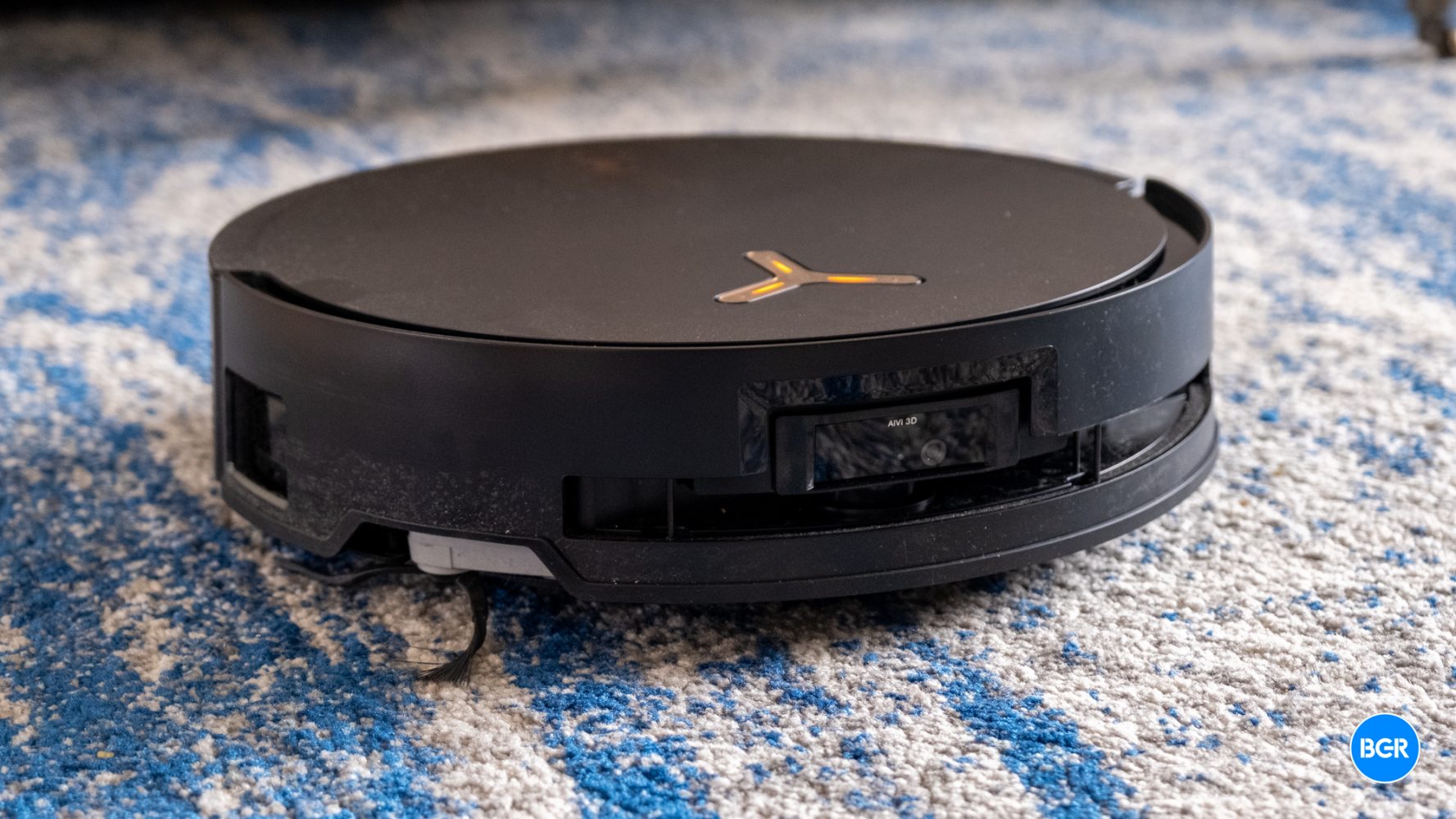TENS of thousands of cars are being lined up and left at ports as auto brands refuse to make deliveries following President Trump’s recent tariffs.Some of the world’s biggest and most popular car manufacturers have temporarily paused shipments to the US in what appears to be a wait-and-see approach. AFPCountless cars are left waiting to be shipped as car brands adopt a wait-and-see approach[/caption]AFPVehicles from the likes of Audi, Porsche and Jaguar Land Rover are left in place[/caption]GettyBrand are waiting to see what happens with President Trump’s auto tariffs[/caption]GettyIt means bad news for buyers, as their favourite brands may be forced to cut back on certain models in the US[/caption]Among them is Audi, according to a report from Automotive News, which revealed a memo sent to dealers calling on all Audis headed to the US to be put on hold.
It sees cars that arrived at ports after April 2 to be held there, while vehicles that entered the country on or prior to April 2 will be processed and sent to dealerships and marked with a sticker showing no tariff charges.Concerningly, at this time, there’s no mention of when shipments might resume.But when they do, some models could see tariffs totaling 50 %, such as the Audi Q5 being built in Mexico, with Audi not part of the US-Canada-Mexico trade agreement.

Audi’s parent company Volkswagen has also reportedly paused shipments, with Porsche presumably to follow suit.Outside of Germany, Jaguar Land Rover has also paused shipments, which Reuters first reported on last week.A JLR spokesperson confirmed a one-month pause with Motor1, saying: “The USA is an important market for JLR’s luxury brands.
“As we work to address the new trading terms with our business partners, we are enacting our planned short-term actions including a shipment pause in April, as we develop our mid- to longer-term plans.”Staying with the UK, Lotus is another that has paused all shipments “indefinitely”, claims Car and Driver.Automakers opting to pause shipments won’t come as too much of a surprise, seeing as President Trump’s tariff talks have been inconsistent since he took office.
Initial tariffs of 25% were announced, but then chalked off almost immediately, while the current round that went into effect on April 3 feels a bit more permanent.The language in the Executive Order Trump signed leaves all kinds of room for interpretation and could also leave the door open to cancel said tariffs at any time.This comes as a mechanic has warned motorists that a common car service that could end up rising substantially.
With Trump imposing 25% tariffs on all foreign-made cars and car parts, there is considerable uncertainty in the auto market that could have expensive implications for drivers.One repair shop, called Authentic Auto Repair, based in Omaha, is trying to figure out how tariffs on imported auto parts will affect its business and its customers.Speaking to WOWT, owner Jason Hughes said: “Just about every part there is made in China or Taiwan.
”That includes parts like engines, transmissions, and electrical components – which could all increase in price with the cost of repairs and maintenance to likely be passed onto customers.He added: “What usually costs $25 is now $50, oil is up.”Cars being discontinued for 2025 and 2026Dozens of cars won't make it to the 2025 model year, including sedans, some SUVs, and sports cars.
Cars that are on the chopping block for next year are:Alfa Romeo Giulia Quadrifoglio (sedan)Alfa Romeo Stelvio Quadrifoglio (SUV)Audi A4 (sedan)Audi A5 Coupe/Cabrio (2-door sedan)BMW X3M (SUV)BMW M8 CoupeBugatti ChironChevrolet CamaroChevrolet MalibuFerarri SF90 StradaleFerarri 812 GTSFisker Ocean (EV)Ford EscapeFord EdgeFord Transit TrailInfiniti Q50Jaguar XE and XF sedansJaguar F-TypeJaguar I-Pace electric SUV and E-PaceLamborghini HuracánMaserati GhibliMitsubishi MirageMini ClubmanNissan AltimaNissan GT-RNissan TitanRam 1500 TRXToyota Supra (4-cylinder)Toyota VenzaVolvo S60.
Technology

Car graveyard with lines & lines of vehicles grows as auto brands refuse to make deliveries – it’s bad news for buyers
















